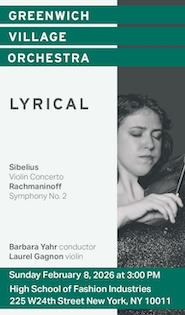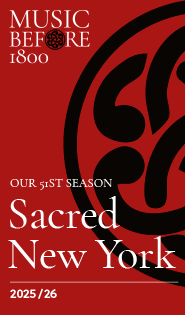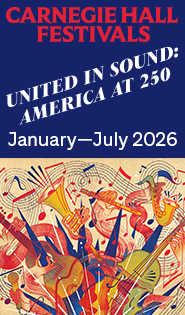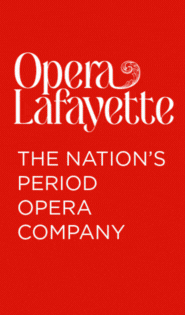Dudamel, Philharmonic deliver rich Schumann and thrilling Ortiz premiere

For generations after they were written and premiered, Robert Schumann’s symphonies were considered lesser works, poorly written and badly orchestrated.
For current generations, this attitude has been reversed via excellent recordings and, especially through concert performances like the one delivered Wednesday night by the New York Philharmonic and guest conductor Gustavo Dudamel in Alice Tully Hall.
Dudamel is in New York for a two-program series titled “The Schumann Connection,” concerts that cover all four of Schumann’s symphonies along with new compositions that respond to his career and that of his wife, Clara Schumann—also a composer and one of the most important pianists of the 19th century—and their relationship as artists. Following the numbered order of the symphonies, Wednesday night meant Nos. 1 and 2, surrounding the world premiere of Gabriela Ortiz’ Clara.
Guest conductors for the Phil this season mean unofficial auditions as possible next music director, presuming the guest is interested. If that was the case Wednesday, Dudamel made a memorable impression.
The orchestra sounded superb, smooth and strong and full of color. Conducting the symphonies from memory, he had a poised but non-interventionist presence, maintaining the flow and energy without fuss—when his left hand had nothing to do, which was frequent, he tended to tuck it away into his pants pocket.
At times, in the past Dudamel has shown a shaky grasp on large-scale form, excelling in more episodic music like the early Stravinsky ballets but not making the connections between the first and last notes of a symphony. Such was not the case in this concert. That the orchestra was well prepared and the music thought through was clear in the unerring, forward horizontal flow of the music. That element is fundamental to all of Schumann, whose sense of melody and harmonic rhythm always look ahead to the next moment.
All the tempos felt just right, changes in tempo were elegant and satisfying, and there was an added prominence to Schumann’s rhythms that made the accumulating energy feel organic.
Each of these symphonies is like a great river, with a relatively placid beginning—even with the slashing chords in the Andante opening of Symphony No. 1—the moves forward through time, gathering more of itself, broadening, and in the end delivering immense power with little seeming effort. With the upper strings striding along, the woodwinds and brass and lyricism and muscle, and the low strings skipping through the rhythms, each symphony came off as a controlled hurtling forward, full of passion and exuberance.
With these excellent performances of great music, Ortiz’s music stood on equal footing. A Philharmonic commission, Clara is, in the composer’s words, an imagining of the interior life of the Schumann’s relationship.
Clara is in five sections played continuously, and so clear and well made that it was easy to mark the shifts in expression and means. Opening with a heavy, metallic chord with a sour timbre, it moved through evocative moods with gripping details, like an oboe melody that recalled Xenakis, and a sinuous string line that didn’t end so much as disintegrate. All these beguiling colors transformed in the middle into music that had incredible energy, thrilling in a way that one has rarely heard in a classical concert hall.
The skill and imagination in the music were continuously impressive—as soon as one felt there had been a natural ending, a new idea came along and brought the listener further. In a season that has been full of excellent new orchestral pieces, Ortiz’s Clara stood out as both the most complex and the most exciting. Along with the symphonies, the Philharmonic’s performance was at the highest level.
“The Schumann Connection” continues through March 20. This program will be repeated 7:30 p.m. Thursday and 8 p.m. Friday and Saturday. nyphil.org




